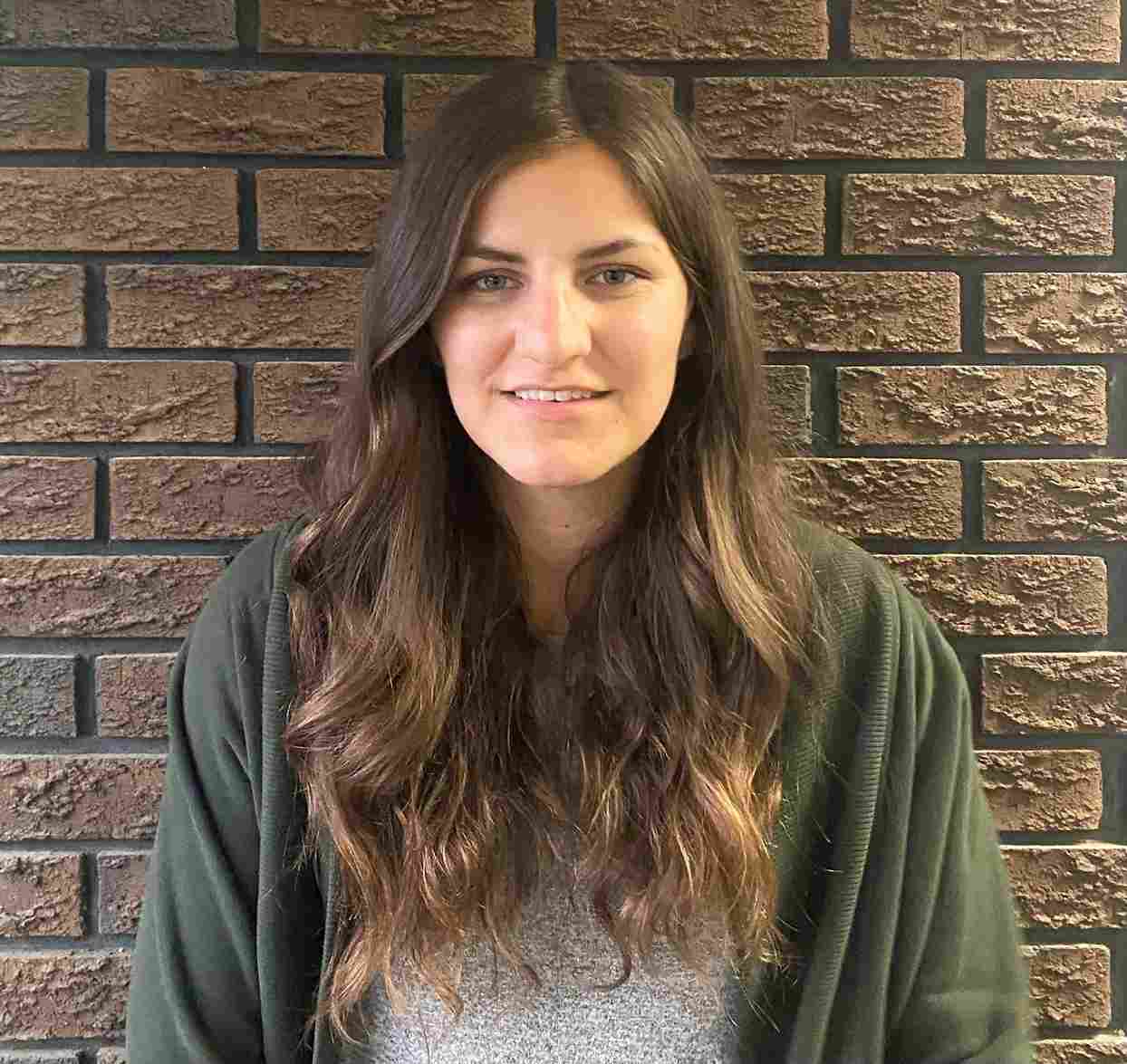Last updated March 28, 2024
Written by
Kyle Adam Kyle Adam, BComm

Kyle Adam is a seasoned content creator, editor, and SEO specialist with over four years of experience. Presently, he serves as Senior Marketing Writer and Editor at LawDepot. Holding a...
Reviewed by
Ngaire King Ngaire King, BA, JD

Ngaire King is Legal Counsel for LawDepot. Ngaire has been working in the legal field for over five years and was called to the bar in Alberta in 2020. Before becoming a lawyer, Ngaire ...
|
Fact checked by
Rebecca Koehn Rebecca Koehn, BSc, MFA

Rebecca Koehn has been working in content creation and editing for over ten years and search engine optimization for over five years. Koehn is the Content Marketing Manager for LawDepot...
What is an Advance Healthcare Directive (AHD)?
An Advance Healthcare Directive (AHD), also known as a Living Will, is a document that allows you to specify which medical treatments you do not want to receive if you lose capacity and you can no longer communicate your decisions yourself. If you are incapacitated and you have a valid AHD, healthcare workers must consult the document.
This document is called an Advance Healthcare Directive because people make them in advance of old age, illness, or injury incapacitating them. This document is sometimes called a Living Will because, unlike a Last Will and Testament, it only applies while you are still alive.
Besides outlining which treatments you do not want, you can also appoint a designated healthcare representative in an Advance Healthcare Directive. This person can consent to or refuse medical treatment on your behalf if you lack the capacity to communicate your wishes.
In Ireland, Advance Healthcare Directives are governed by the Assisted Decision-Making (Capacity) Act 2015. This act outlines the requirements for making a valid AHD.
Why should I create an Advance Healthcare Directive?
Creating an Advance Healthcare Directive is important because it enables you to be treated according to your own ‘will and preferences’ even when you do not have the capacity to make decisions.
In addition, it affects both you and your family. The following examples are just some of the reasons why you should have an Advance Healthcare Directive:
- It gives you control of your medical wishes
- It eliminates ambiguity about what you want
- It prepares you for emergencies and unexpected medical situations
- It informs health care workers about your medical preferences
- It protects your family members from having to guess about your medical preferences
- It allows you to appoint a designated healthcare representative
Creating an Advance Healthcare Directive can protect your loved ones during potentially emotional circumstances, such as you being unconscious or in a coma. If you do not have an AHD set up and you cannot make your own decisions, your family may encounter obstacles in gaining the power to make medical decisions for you.
Who should make an Advance Healthcare Directive?
Anyone who is at least 18 years old can make an Advance Healthcare Directive. This person is known as the directive-maker.
Although many older people create AHDs, they are important documents for everyone. Unexpected medical situations and emergencies can occur at any age. Therefore, all adults should take the time to create an AHD while they have the capacity to do so. Once you are incapacitated, you cannot create one.
When will my Advance Healthcare Directive come into effect?
An Advance Healthcare Directive will come into effect only when you lose the capacity to make decisions. A person lacks the capacity to make a decision if they are unable to achieve any of the following actions:
- Understand the information relevant to the decision
- Retain that information long enough to make a voluntary choice
- Use or weigh that information as part of the process of making the decision
- Communicate their decision (whether by talking, writing, using sign language, assistive technology, or any other means)
When can incapacitation occur?
Incapacitation can occur in circumstances such as the following:
- When you have an incurable and irreversible terminal condition. This includes conditions caused by injury, disease, or illness from which there is no reasonable medical probability of recovery, such as dementia.
- When you are diagnosed as persistently unconscious and, to a reasonable degree of medical certainty, will not regain consciousness. Persistent unconsciousness is when there is a reasonable degree of medical certainty that the patient can no longer think, feel, knowingly move, or be aware that they are alive, and there is no hope for improvement.
- When you are diagnosed as being in a persistent vegetative state and, to a reasonable degree of medical certainty, you will not regain consciousness. A vegetative state is a permanent and irreversible condition in which a person's autonomic functions, such as breathing and heart rate, continue but they cannot communicate or interact purposefully with their environment.
- When you have an advanced illness or injury that is so severe that, to a reasonable degree of medical certainty, you will not regain decision-making capacity or survive without continued life support.
What healthcare decisions can I make in an Advance Healthcare Directive?
With our Advance Healthcare Directive template, you can make decisions regarding the following medical treatments:
Life-sustaining treatments
A life-sustaining treatment replaces or supports a bodily function which is failing or not operating properly. Where someone has a treatable condition, life-sustaining treatments can be used temporarily until the body can resume its normal function again.
In your Advance Healthcare Directive, you can either consent to all life-sustaining treatments that are necessary or you can opt-out of some. For example, you can specify that you do not want any or all of the following treatments:
- Assisted breathing, such as a mechanical ventilator or breathing machine
- Dialysis
- Artificial feeding intravenously
- Artificial feeding through a tube in the nose (nasogastric tube)
- Artificial feeding through a tube in the abdomen (PEG tube)
Cardio Pulmonary Resuscitation (CPR)
Cardio Pulmonary Resuscitation (CPR) is an emergency manoeuvre which is applied directly to the chest of a person whose heart has stopped. It manually preserves brain function until further measures can be taken to restore regular blood circulation and breathing.
In your Advance Healthcare Directive, you can state that:
- You do not want CPR
- You only want CPR if your doctor believes it may be medically beneficial
Some people outline that they do not want CPR to prolong life. This is referred to as a “do not resuscitate order.”
Other specific treatments
In your Advance Healthcare Directive, you can outline other specific treatments you do not want because of your circumstances or a diagnosis. For example, if you are diagnosed with terminal cancer and you do not want to receive chemotherapy, you can include this in your AHD.
Place of care
In your Advance Healthcare Directive, you can outline where you would like to be cared for if you are nearing death. You can outline whether you prefer your home, a hospice, a hospital, a nursing home, or another place.
Organ donation
In addition to care preferences, you can specify whether you want to donate your organs after you pass away. For example, you can outline that you would like to donate your heart, lungs, liver, kidneys, and pancreas.
Who should I appoint as my designated healthcare representative?
A designated healthcare representative is the person you authorise to interpret your AHD or to make healthcare decisions on your behalf.
This person must be an adult (at least 18 years old) and willing to act on your behalf, based on the wishes you have outlined in your Advance Healthcare Directive. Your representative should be someone you trust. Generally, people select a close family member or friend.
Some people cannot be designated healthcare representatives. You cannot appoint someone as your representative if they:
- Have been convicted of an offence against you
- Are the owner or a registered provider of a designated centre or mental health facility where you live (unless they are your relative)
- Provide you with paid personal care or healthcare services (unless they are your relative or primary carer)
What powers does my designated healthcare representative have?
When you appoint a designated healthcare representative within your Advance Healthcare Directive, they have the following powers:
- The power to advise and interpret what your wishes are regarding treatment as you have outlined them in your AHD
- The power to ensure that your wishes are carried out, as expressed in your AHD
- The power to consent to or refuse medical treatment on your behalf based on the preferences you have outlined in your AHD
Can I make changes to my Advance Healthcare Directive?
Yes, as long you still have the capacity to make decisions, you can alter your Advance Healthcare Directive. In addition, you can revoke your representative’s powers at any time while you still have the capacity to make decisions.
Is my Advance Healthcare Directive legally enforceable?
In Ireland, if your Advance Healthcare Directive is properly executed and deals with any proposed treatment, it will be legally binding upon your doctors to follow your instructions.

